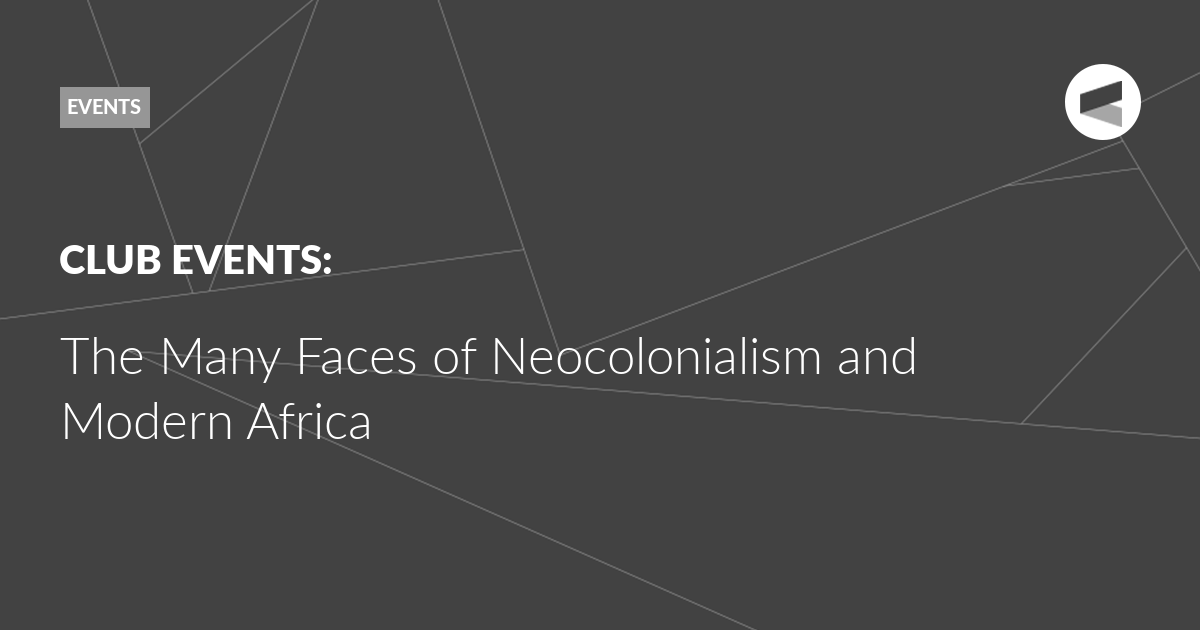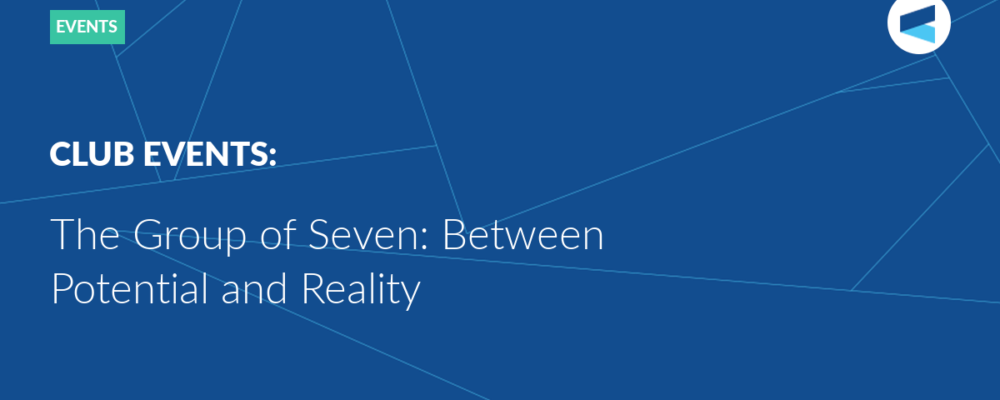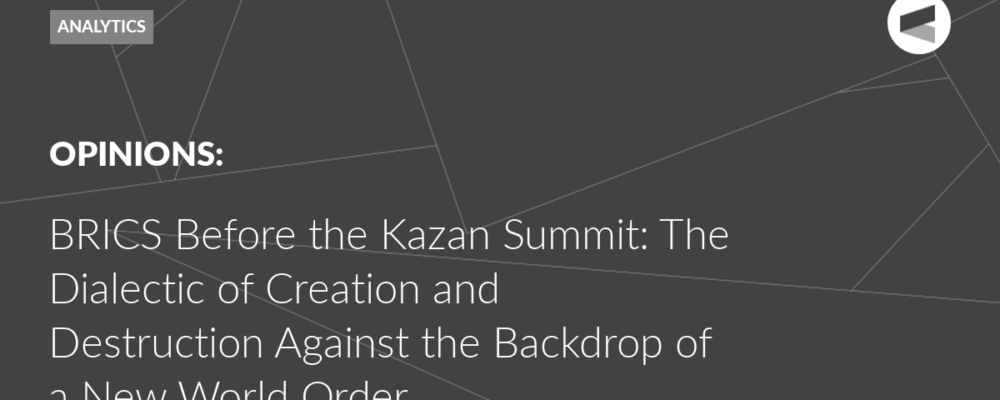On February 19, 2025, the Valdai Club hosted an expert discussion, titled “Neocolonialism in African Countries: Modern Context”. Moderator Oleg Barabanov, programme director of the club, called the topic of neocolonialism very acute for almost all African countries and emphasised that the solidarity that Russia shows to African countries in the fight against neocolonialism is extremely important and significant, as it genuinely resonates on the continent.
Konstantin Pantserev, professor at the Department of Theory and History of International Relations at the Faculty of International Relations, St. Petersburg State University, proposed dividing neocolonialism into two categories: classical and modern, also known as global. Classical neocolonialism developed after the collapse of the colonial empires, when former metropolises, in order to strengthen their shaky influence in Africa, began to sign agreements with African countries that were disadvantageous for the latter. The Soviet Union actively fought this trend. After its collapse, the countries of the “collective West” began to spread their values uncontrollably throughout the world, giving rise to a new, global version of neocolonialism.
It takes different forms. Financial neocolonialism assumes the dependence of the financial systems of former colonies on the former metropolis. Debt neocolonialism relies on the IMF and the World Bank. Ideological and cultural neocolonialism imposes alien thinking and cultural values on other countries. Information neocolonialism implies the dominance of Western media. Technological neocolonialism means using the global technological dominance of the United States and the West to ensure geopolitical dominance. Pantserev noted that the ‘brain drain’ can be considered a form of intellectual neocolonialism – essentially “pumping out” talent from the entire world, including Africa – and scientific neocolonialism.
Aliou Tounkara, President of the Russian House in Mali, noted that his country still lives under neocolonialism. This applies both to the financial sector, which is characterised by a constant growth of debts that are actually used to service other debts, and not to develop the country, and to the sphere of culture and thinking. By “thinking like the French,” the Malians, in fact, support a neocolonial system that is disadvantageous to them, he is convinced. Tounkara highly appreciated Russia’s assistance in the fight against neocolonialism, emphasising that Russia speaks to African countries on an equal footing; it is ready to build relations on a mutually beneficial basis, without putting forward political demands. “BRICS and the Russian Federation for us are a hope for economic success and our path to strengthening sovereignty,” he believes. According to him, Russia shows African countries that there are other development options besides neocolonial ones.
“Neocolonialism now actually covers the entire life of the African people,” admitted Adu Yao Nicaise, Associate Professor at RUDN University. In addition to the cultural and financial dimensions, this phenomenon also has a political aspect – for example, it is impossible to become president in one of the former French colonies without the approval of Paris. If the Soviet Union still existed, the situation in Africa would be different because there would be a counterweight to the influence of the West, he believes. Now Russia is returning and the situation is changing, the expert said. At present, only Russia can open up new opportunities for African countries and counteract the “cancerous tumour of neocolonialism” that is destroying their lives.
Nikolai Dobronravin, Leading Researcher, Head of the African Ethnography Department, Peter the Great Museum of Anthropology and Ethnography, Russian Academy of Sciences, noted that the current map of Africa is essentially colonial. Moreover, the problem, in his opinion, lies not only in national, but also in subnational borders. The so-called ethnic or “tribal” borders were also formed during the colonial period by colonial powers. Meanwhile, in fact, it is precisely to these supposedly traditional borders, once drawn by colonial officials, that participants in most conflicts on the continent appeal. Thus, in many African countries, the colonial opinion still remains dominant. Another colonial theme is with regards to demographic and migration policy in Africa, which is still being formed under European influence and is actually subordinated to the task of regulating African migration to Europe.
The Valdai Discussion Club was established in 2004. It is named after Lake Valdai, which is located close to Veliky Novgorod, where the Club’s first meeting took place.
Please visit the firm link to site






